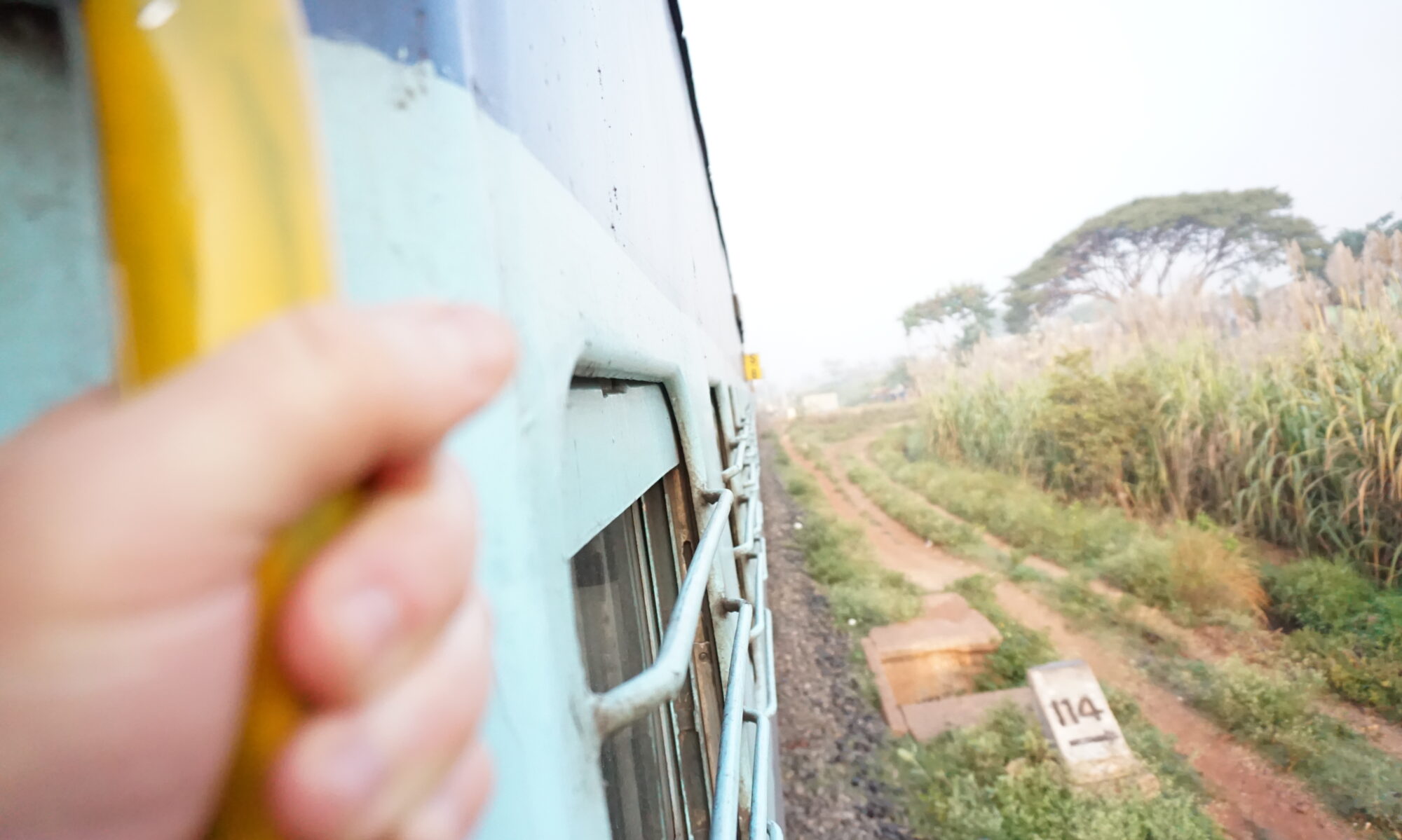Podcast: Play in new window | Download
Subscribe: Apple Podcasts | Spotify |
Increasing diversity, equity and inclusion, commonly abbreviated as DEI, has been in the forefront of many sectors. Within health, providing culturally sensitive care and having a professional body that is diverse can lead to improved health outcomes. The conversation often involves ensuring clinicians practice cultural sensitivity during care, forming executive committees that are representative of the communities they serve, and developing health strategies that include the perspectives of groups with different positionalities.
However, what if the curriculum in which we train our health professionals deters certain groups from pursuing their career? What if their perception of the profession diverges and clashes with their cultural and religious views? What is the impact of that for DEI within the professional body, quality of care and equitable practices?
Our guests today, Sarah Jang and Dr. Nathalia Costa, are the authors of the paper titled “Exploring physiotherapy education in Australia from the perspective of Muslim women physiotherapy students”. Through exploring the experiences of Muslim women within physiotherapy education, they raise important questions about the impact of Western dominant discourses within physiotherapy on ethnic minority groups. They dive into ways to make physiotherapy education more inclusive for different cultural and religious backgrounds. We also talk about the amplified image of physiotherapy and sport, envisioning physiotherapy integration with public health, discrimination and political impact on health seeking behaviors and most importantly, what we can learn from Muslim communities.
Dr. Nathalia Costa is an Early Career Researcher (PhD awarded in November 2020) and a Lecturer at the Sydney School of Health Sciences, the University of Sydney. She is also an Adjunct Research Fellow at the University of Queensland. Her research spans from micro (e.g., uncertainty in clinical practice, training) to macro factors (e.g., policy, health systems) impacting musculoskeletal care that is person-centred and equitable. Her publications span both qualitative and quantitative studies, and she has also taught across a range of disciplines, including research methods, musculoskeletal physiotherapy, sociology applied to health, fundamentals of physiotherapy, fundamentals of health care, health policy and health systems finance. Dr Costa is also an Associate Editor for Qualitative Health Research, an international (Q1) journal dedicated to publishing interdisciplinary research to enhance healthcare and further the development and understanding of qualitative research in healthcare settings.
Miss Sarah Jang, a physiotherapist and a rehabilitation consultant. She recently started her career working in Occupational Rehabilitation. Her interests include equity in health settings.
Resources:
– Nathalia’s Twitter: @nathaliaccosta1
– Sarah Jang, Nathalia Costa, Adelaide Rusinga & Jenny Setchell (2023) Exploring physiotherapy education in Australia from the perspective of Muslim women physiotherapy students, Physiotherapy Theory and Practice, DOI: 10.1080/09593985.2023.2230597
– Hassan, S.H. Effects of Religious Behavior on Health-Related Lifestyles of Muslims in Malaysia. J Relig Health 54, 1238–1248 (2015). https://doi.org/10.1007/s10943-014-9861-z
– Abdel-Khalek AM. Religiosity, health and happiness: significant relations in adolescents from Qatar. Int J Soc Psychiatry. 2014 Nov;60(7):656-61. doi: 10.1177/0020764013511792. Epub 2013 Dec 10. PMID: 24327187.
– Samuels EA, Orr L, White EB, Saadi A, Padela AI, Westerhaus M, Bhatt AD, Agrawal P, Wang D, Gonsalves G. Health Care Utilization Before and After the “Muslim Ban” Executive Order Among People Born in Muslim-Majority Countries and Living in the US. JAMA Netw Open. 2021 Jul 1;4(7):e2118216. doi: 10.1001/jamanetworkopen.2021.18216. PMID: 34328502; PMCID: PMC8325073.
– Vu M, Azmat A, Radejko T, Padela AI. Predictors of Delayed Healthcare Seeking Among American Muslim Women. J Womens Health (Larchmt). 2016 Jun;25(6):586-93. doi: 10.1089/jwh.2015.5517. Epub 2016 Feb 18. PMID: 26890129; PMCID: PMC5912720.
– McLaren, H., Hamiduzzaman, M., Patmisari, E. et al. Health and Social Care Outcomes in the Community: Review of Religious Considerations in Interventions with Muslim-Minorities in Australia, Canada, UK, and the USA. J Relig Health (2022). https://doi.org/10.1007/s10943-022-01679-2
– Padela AI, Gunter K, Killawi A, Heisler M. Religious values and healthcare accommodations: voices from the American Muslim community. J Gen Intern Med. 2012 Jun;27(6):708-15. doi: 10.1007/s11606-011-1965-5. Epub 2012 Jan 4. PMID: 22215274; PMCID: PMC3358400
– Samari G. Islamophobia and Public Health in the United States. Am J Public Health. 2016 Nov;106(11):1920-1925. doi: 10.2105/AJPH.2016.303374. Epub 2016 Sep 15. Erratum in: Am J Public Health. 2016 Dec;106(12 ):e13. PMID: 27631738; PMCID: PMC5055770.
– Padela AI, Zaidi D. The Islamic tradition and health inequities: A preliminary conceptual model based on a systematic literature review of Muslim health-care disparities. Avicenna J Med. 2018 Jan-Mar;8(1):1-13. doi: 10.4103/ajm.AJM_134_17. PMID: 29404267; PMCID: PMC5782414.
– Laird LD, Amer MM, Barnett ED, Barnes LL. Muslim patients and health disparities in the UK and the US. Arch Dis Child. 2007 Oct;92(10):922-6. doi: 10.1136/adc.2006.104364. PMID: 17895342; PMCID: PMC2083249.
– Sarsour NY, Hammoud MM. Integration of Arab and Muslim Health Education Into a Medical School Curriculum. MedEdPORTAL. 2021;17:11188. https://doi.org/10.15766/mep_2374-8265.11188
– Worldmapper: https://worldmapper.org/maps/
Contact Us:
– Website: globalphysio.ca
– E-mail: globalphysiopodcast@gmail.com
– Instagram: https://www.instagram.com/globalphysiopodcast/
– Facebook: https://www.facebook.com/globalphysiopodcast
– Twitter: https://twitter.com/globalptpodcast
